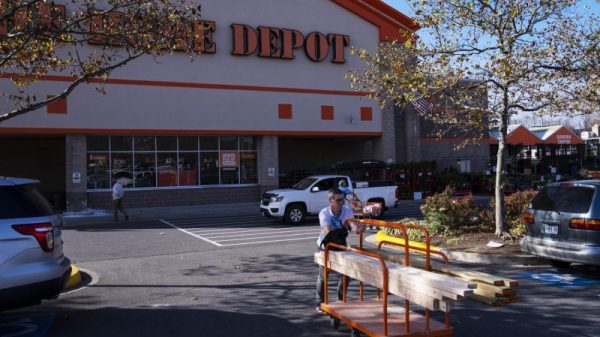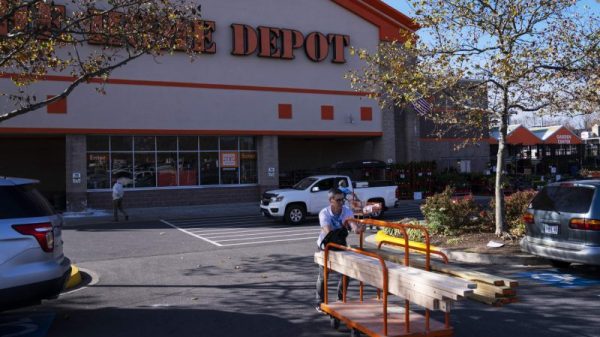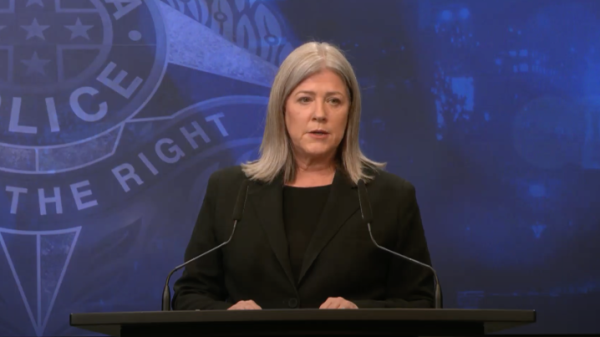Homeschooling continues to attract families. After years of roughly 3 percent of students being educated at home, the pandemic spurred another increase in home education. Recent data show as many as 16 percent of children were homeschooled (and not just remotely attending regular school) in the fall of 2020.
One response to the popularity of home education has been calls for increased regulation, especially mandatory reporting requirements or restrictions on which families can homeschool.
The West Virginia legislature recently attempted to pass a rider that would prevent families currently under investigation for, or convicted of, child abuse from removing their children from public school in order to homeschool. Other states have attempted to pass similar bills restricting who can educate their children at home. A variety of state legislatures have proposed – although not successfully adopted – laws ranging from proposed background checks of parents to quarterly home visits.
The intention behind these bills is to prevent child abuse and neglect. Some would like to go further. Law Professor Elizabeth Bartholet recommends a “presumptive ban on homeschooling,” arguing that homeschooling isolates children and “subjects them to abuse and neglect free from the scrutiny that protects children in regular schools.”
And children are abused and neglected. In 2019, Child Protection Agencies received allegations of maltreatment for 7.9 million children, a rate of about 6 percent. Of these, about 17 percent were determined to be victims of abuse or neglect, constituting about one percent of children. Neglect is most common, and infants are most likely to experience maltreatment. Annually, about 1,800 children die from maltreatment. By definition, child maltreatment, abuse,or neglect is perpetrated by a child’s caregivers, with parents being the most common abusers.
There are without question horrific, fatal cases of parents removing their children from public schools, or never enrolling them to begin with, under the guise of home education. These parents, in fact, fail to educate their children and continue or worsen their maltreatment. The Coalition for Responsible Home Education highlights and tracks many of these cases.
Well-intentioned people advocate restricting homeschooling in the hope that these restrictions might prevent further cases of neglect and abuse. The core argument is that school employees are mandated reporters. If teachers or school administrators know or suspect child maltreatment, they are legally obligated to report their suspicions to the appropriate authorities (Child Protective Services or law enforcement). Supporters of increased homeschool regulation argue that children removed from the oversight of mandatory reporters in schools will be less safe.
Compared to what?
But less safe compared to what? Many families choose to homeschool their children for safety reasons. Children in school experience violence in a variety of ways: bullying, fights, school shootings, and sexual assault. In 2019, 8.6 percent of high schoolers reported not attending school because they felt unsafe; 5.8 percent were in a fight on school property; 6.6 percent were threatened with a weapon on school property; 5 percent were bullied on school property. Violent deaths at school receive significant media attention but remain less common than deaths from child maltreatment. In the 2018-2019 school year, 39 school-associated violent deaths occurred.
For some children, education at home may be much safer than what they experience in a regular school.
Whether home school or regular school is safer is an empirical question — a question where the evidence so far is inconclusive.
There are two studies that speak to one piece of this: violence in the form of child abuse. Because child abuse occurs only at the hands of parents or other primary caregivers, these studies pick up one side of the story: whether homeschooled children experience more or less abuse than schooled children. Both studies use the database named “Homeschooling’s Invisible Children.” Both suggest possibly higher rates of child abuse fatalities among homeschooled children, although neither finds statistically significant evidence. This relationship appears rather weak.
My own study considers children’s safety more broadly. Using plausibly causal methods, I estimate what happened to child safety rates when states adopted homeschool legislation. These state laws, mostly adopted in the 1980s and 1990s, clarified the state rules under which homeschooling was legal and shifted some children from formal schooling to homeschooling.
If home is safer than school, this shift to homeschooling increases children’s safety. If school is safer than home, because of time spent with or monitoring by non-family members, this shift reduces children’s safety. Although the shift appears primarily between school and home, community members play a moderating role in that they are potential observers and reporters of abuse.
Similar to earlier studies, I do not find robust, statistically different rates of child fatalities, child maltreatment fatalities, nor reported child maltreatment cases.
Would regulation even work?
Whether proposals to restrict homeschooling are likely to improve child safety depends on at least two things: whether homeschooling reduces child safety and whether the proposed requirements would improve child safety.
My estimates and others suggest that there’s little causal evidence for the former.
Whether additional regulation of homeschooling is likely to improve child safety is also unclear. Child maltreatment is illegal in all states. Educational neglect is illegal in 24 states. We have existing laws on the books to remove children from unsafe households. And for some children, making it harder for their families to homeschool would mean staying in unsafe schools.
Should government have access to our children to ‘check’ for abuse? There’s little evidence that these checks are likely to be effective. Evidence on home visits for infants, for example, show mixed effects on child abuse and neglect. Public schools are part of government and the similarity of child maltreatment rates between schooled and homeschooled children suggest that this oversight does not significantly deter maltreatment. Further, school employees fail to report large fractions of suspected abuse, particular at the hands of their colleagues. And we have every reason to expect that any rule is likely to be enforced in disparate ways against families of color or non-mainstream religious groups.
We all want children to be safe. Making it harder to homeschool and inviting government further into our homes are unlikely to make them so.





































